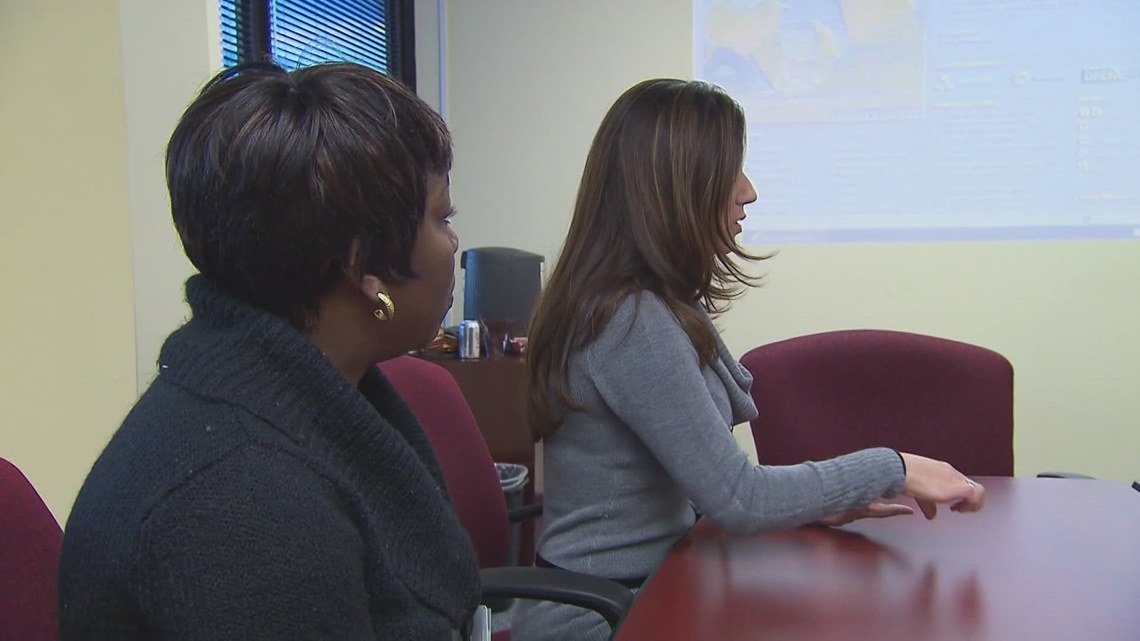Business
Gender Pay Gap Expands for the First Time in Two Decades

Recent data from the U.S. Census Bureau reveals a troubling trend: the gender pay gap is widening for the first time in 20 years. As of 2023, women earn 82.7 cents for every dollar earned by men, a drop from 84 cents in the previous year. This marked decline represents the first statistically significant decrease since 2003.
Mary Rigdon, Director of the University of Arizona’s Center for the Philosophy of Freedom, highlights the broader implications of this gap. “It’s not just about a few cents,” she states, noting the cumulative financial loss over a woman’s career. Despite a record increase in women’s workforce participation and educational attainment, obstacles to parity persist.
An analysis by the National Partnership for Women and Families reveals even starker disparities for women of color. Black women earn only 64 cents and Latina women just 51 cents for every dollar earned by white men. Stephanie Vasquez, CEO of Fair Trade Cafe and founder of Empowering Latina Leaders in Arizona (E.L.L.A.), emphasizes the significant economic impact of this wage gap, especially for households led by Latina women.
Vasquez founded E.L.L.A. six years ago to address the Latina pay gap, focusing on raising awareness. “I’ve seen the trajectories of families change,” she says, advocating that community support for Latina-owned businesses can lead to meaningful change.
Both Rigdon and Vasquez stress the importance of collective action to address the growing gap. “There are many ways we can support Latina businesses, while also advocating within corporations,” Vasquez asserts. Rigdon reiterates that change cannot occur without concerted efforts: “It’s not just about equality; it’s about securing economic stability for women and their families.”
This situation calls for immediate attention and proactive measures to ensure that the strides made by women in the workforce do not erode further. Increased advocacy and community support may be key to reversing this trend.
















